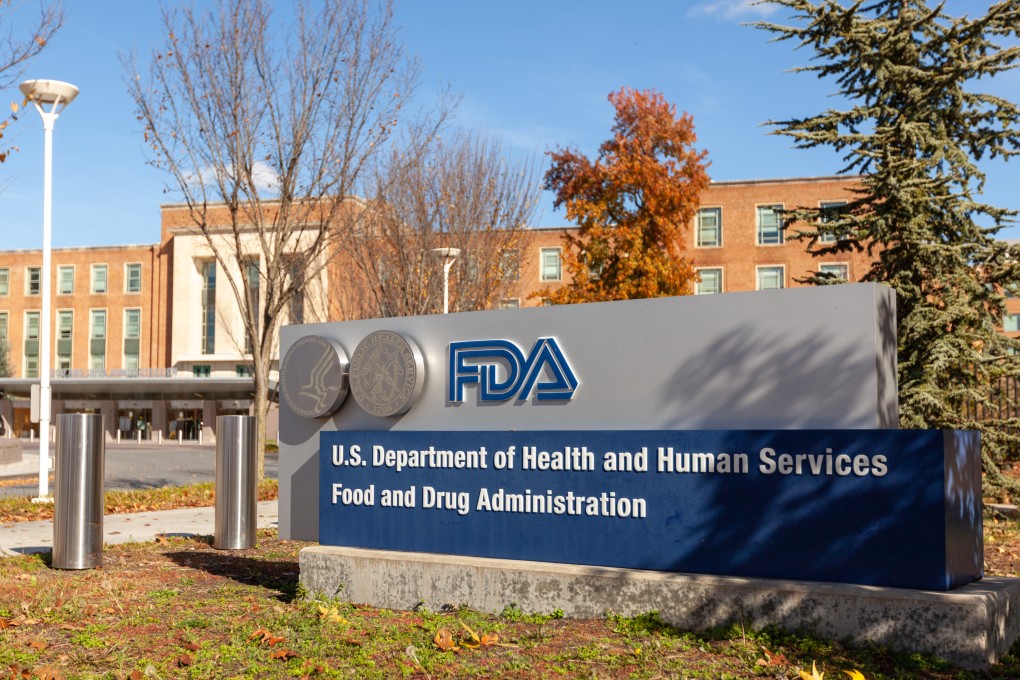Cancer drug by Innovent, Eli Lilly faces FDA hurdle due to China-only clinical tests, suggesting bumpy road abroad for Chinese pharmaceutical firms
- FDA says Hong Kong-listed Innovent Biologics and partner Eli Lilly should conduct additional clinical trials on Sintilimab to demonstrate applicability for US patients
- Tighter reviews and higher trial costs will make it more difficult for smaller Chinese biopharmaceutical companies to enter the US market and expand overseas, industry says

United States drug administrators have asked a Chinese pharmaceutical firm to broaden the clinical tests for its joint-venture cancer treatment, a move that could slow down Chinese biopharmaceutical companies’ entry into the US market.
“The application is reflective of an increasing number of oncology development programmes based solely, or predominantly, on clinical data from China,” the ODAC briefing document said, adding that the applicants did not consult the FDA “regarding trial design or conduct”. The committee voted 14-to-1 in favour of additional trials.
“US trials typically cost 3-5 times that of China, raising the bar for many,” said Bruce Liu, a China-based partner at strategy consultancy Simon-Kucher and Partners. The result of the meeting was “expected all along”, he added.
Industry players said tightened reviews and the three to five times higher trial costs in the US would make it more difficult for smaller Chinese biopharmaceutical companies to enter the US market and expand overseas.